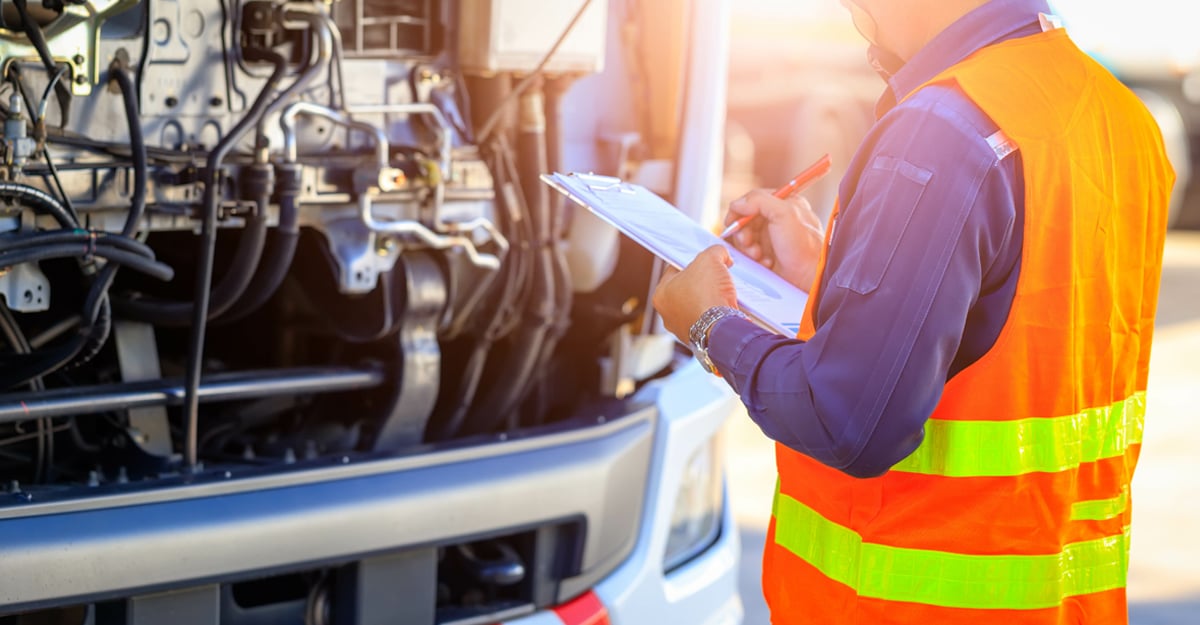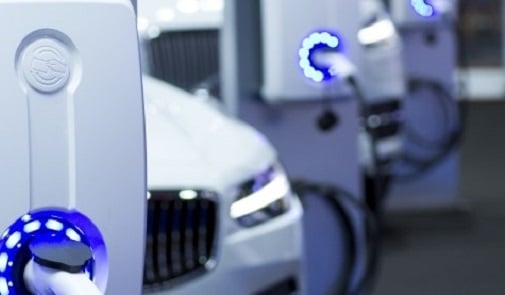
California Air Resources Board Will Workshop Omnibus Regulation Amendments
The California Air Resources Board (CARB) announced that it will hold a public workshop to discuss amendments to its Heavy-Duty (HD) Engine and Vehicle Omnibus (Omnibus) Regulation. The amendments have been proposed following extensive discussion between CARB and the Engine Manufacturers Association (EMA) during 2023, which culminated in CARB agreeing to revise its heavy-duty vehicle emission standards to align more closely with U.S. Environmental Protection Agency standards.

California Air Resources Board Issues Clean Truck Check Implementation Guidance
On August 23, 2023, the California Air Resources Board (CARB) published additional guidance for the implementation of Clean Truck Check requirements under its Heavy Duty Inspection/Maintenance regulation. The requirements build on implementation guidance issued in June and set deadlines to achieve compliance with certain requirements beginning by December 31, 2023. Fleet owners and operators, and those contracting or brokering loads with heavy-duty trucks, should take note of CARB’s implementation timeline and prepare to comply with reporting and fee payment requirements beginning in the fourth quarter of 2023.
California Air Resources Board Revisits Advanced Clean Fleets Rule Through Formation of Truck Regulation Advisory Committee
In April 2023, the California Air Resources Board (CARB) passed its Advanced Clean Fleets (ACF) rule, which will require California medium- and heavy-duty truck and bus fleet owners with over $50 million in annual revenue to transition to zero emission vehicles through a phaseout of their existing internal combustion engine–powered vehicles by 2045. On July 26, 2023, while the ACF rule was pending with the California Office of Administrative Law for a final determination prior to release, CARB withdrew the regulatory package with the intention of resubmitting it “at a subsequent date.” CARB is now forming a Truck Regulation Advisory Committee and, on August 22, 2023, will host a public meeting to discuss and solicit feedback on future efforts to implement the ACF rule. Instructions for participation in this public meeting can be found here.

U.S. EPA Opens Public Comment on Funding for Zero-Emission Vehicles and Charging Infrastructure Under Inflation Reduction Act
The U.S. Environmental Protection Agency (EPA) issued, on May 5, 2023, a request for information seeking input on the availability of zero-emission technologies in the heavy-duty vehicle and port sectors toward establishing funding programs under the Inflation Reduction Act (IRA). EPA requests comment from manufacturers, distributors, installers, fleet operators, and port operators about their products and experience with zero-emission technologies.
EPA Announces New Actions Affecting Emissions From Mobile Sources
Last week, the U.S. Environmental Protection Agency (EPA) took two actions related to mobile source emissions under the Clean Air Act that represent the agency’s continued focus on transportation, climate change, and environmental justice.
On March 7, 2022, EPA announced newly proposed emission standards for heavy-duty vehicles and engines, which would apply starting in model year 2027. The proposed standards would reduce allowed emissions of nitrogen oxides from heavy-duty gasoline and diesel engines and set more stringent greenhouse gas standards for certain commercial vehicle categories. Beyond numerical reductions in emissions, the rule also indicates EPA’s broader shift in focus to environmental justice. (more…)

